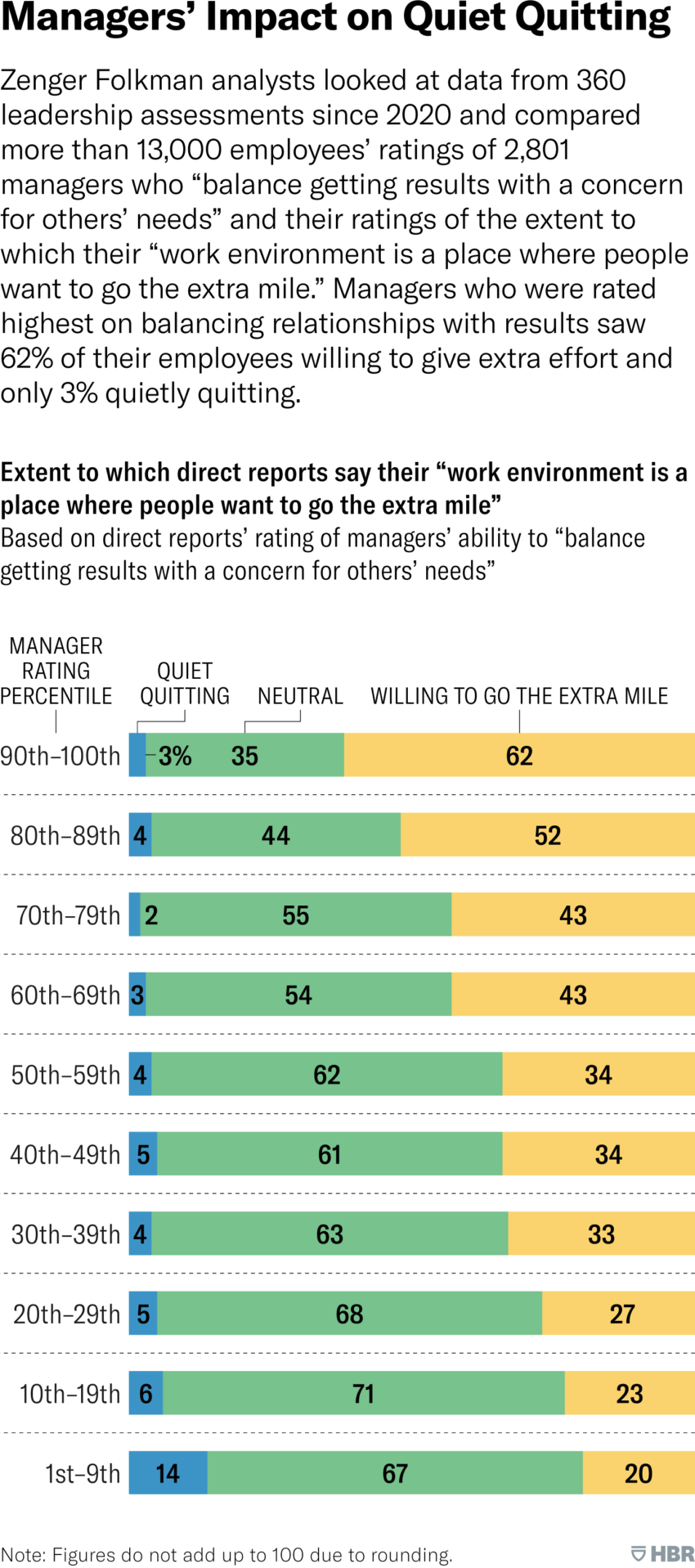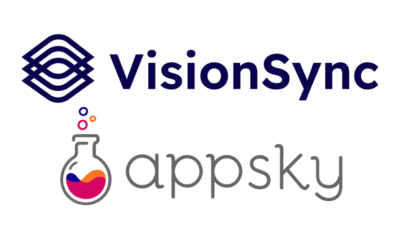I have always been an over-achiever, an honor-roll student, a goal-setting-top-of-my-class kind of gal. I like to know what I am working towards so I can set small milestones towards achieving whatever that next step might be. My educational path was this way: undergraduate degree, graduate degree, doctorate. My professional path has been this way: advisor, manager, director, associate dean.
And so it is hard for me to truly grasp the idea of “quiet quitting.” Because it goes against my personal nature. But from a philosophical standpoint, I am all in.

Quiet quitting is a somewhat nebulous concept. Some say it means doing the bare minimum at work, happily existing as a perfectly average employee. Others say it’s about setting healthy boundaries, and not mindlessly buying into “hustle culture.” And then there are those who say it’s about taking back control of your time and standing up to employers who expect you to do more without paying you more.
And while I am not the kind of employee who could find a sense of ease with the first mindset, I support all three of these 100%.
The first is just not where I live my life. As a human who was identified as gifted as a child, I simply do not like to be average. I prefer to excel. Grade me, please, and give me an “A.” I know this is problematic, but it is how I function. And I support folks who happily exist in the middle.
And I absolutely understand that lots of people do not want to hustle like this. So if quiet quitting means shifting to a mindset of performing where you end up in the middle of the pack, I understand completely. If my job does not offer incentive pay for my high performance, then why do I hustle to get that “exceeds expectations” on my review?
And if I am not in a role that allows me to earn a promotion or a better title, then why not hang out in the middle? Why work unpaid overtime? Setting firm boundaries with an employer is crucial, and many of us get swept up in the culture of over-performing because that is just the “American Way.”
There is no prize for not using your sick and vacation days. There is no prize for staying late at work or coming in on Saturdays. But there is great joy in spending time with your family and resting. And for many of us, the paycheck will be the same if we do these things.
As a manager, it may be frustrating to have employees who behave this way. According to research from Harvard Business Review, it’s most likely at least partially poor management that causes employees to disengage. Many people, at some point in their career, have worked for a manager that moved them toward quiet quitting. This comes from feeling undervalued and unappreciated. It’s possible that the managers were biased, or they engaged in behavior that was inappropriate. Employees’ lack of motivation was a reaction to the actions of the manager.
Most employees have also worked for a leader for whom they had a strong desire to do everything possible to accomplish goals and objectives. Occasionally working late or starting early was not resented because this manager inspired them.
So what is the solution? Employees will work hard for a leader they trust. They need to trust you personally, trust your consistency, and trust that you are an expert in your field. If these elements of trust are present, then employees will work hard for you as a leader, and will be engaged at work. The more transparent you can be with pay, promotion, schedules and opportunity, the better your staff will perform because they will have a clear understanding of what is next for each of them at work. And they will trust you and the process.
It is easy to blame quiet quitting and last employees for a lack of productivity at work. But the truth is that a lack of communication and trust is often what leads to disengaged staff members.




